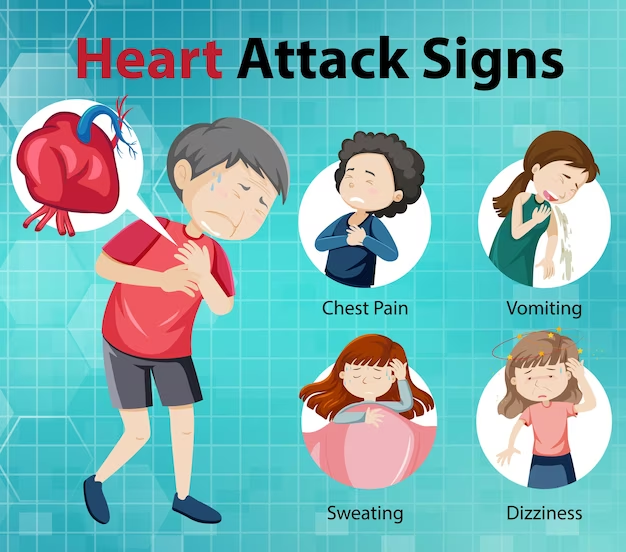impact of digital devices on sleep and mental health
Introduction :
The impact of digital devices on sleep and mental health has become a significant topic of research and concern in recent years. In the age of technology, digital devices have seamlessly woven themselves into the fabric of our daily lives. From smartphones to laptops, tablets to e-readers, these devices have revolutionized the way we connect, learn, and entertain ourselves. We are constantly bombarded with notifications from our phones, laptops, and tablets. However, their constant presence has raised concerns about their potential impact on one of the most vital aspects of our well-being: sleep and mental health. Here's an overview of the key points related to this issue:
Sleep:
The use of digital devices before bedtime has been linked to a number of negative impacts on sleep, including:
- Blue Light Exposure: Digital devices emit blue light, which can interfere with the body's natural production of melatonin, a hormone that regulates sleep. Exposure to blue light, especially before bedtime, can disrupt the sleep-wake cycle and make it harder to fall asleep.
- Delayed Sleep Onset: The use of digital devices, such as smartphones, tablets, and computers, before bedtime can lead to delayed sleep onset. The engaging content and constant notifications can keep individuals awake longer than intended.
- Reduced Sleep Duration: The use of digital devices can lead to reduced sleep duration, as people may stay up late using their devices. This can result in sleep deprivation, which has negative effects on cognitive function, mood, and overall well-being.
- Sleep Disruption: Notifications, alerts, and the need to stay connected can disrupt sleep by causing awakenings during the night. Even if these interruptions are brief, they can prevent individuals from getting the deep, restorative sleep they need.
Study Data :
This study aimed to investigate the impact of electronic device addiction on sleep quality and academic performance among health care students in Saudi Arabia. So, study concludes that Electronic device addiction is associated with increased risk for poor sleep quality; however, electronic device addiction and poor sleep quality are not associated with increased risk for a lower GPA..
Mental Health:
In addition to the negative impacts on sleep, digital devices can also have a negative impact on mental health. Studies have shown that people who use electronic devices more often are more likely to experience symptoms of anxiety and depression.
The reasons for this link are not fully understood, but they are likely due to a combination of factors, including:
The addictive nature of digital devices: People who use digital devices more often may become addicted to the constant stimulation and dopamine hits they provide. This can lead to feelings of anxiety and depression when they are not using their devices
Social Media Impact: Excessive use of social media and online platforms can contribute to feelings of loneliness, envy, and low self-esteem. Constant exposure to carefully curated posts.
Information Overload: The constant influx of information from digital devices can lead to information overload and cognitive fatigue. This can contribute to stress and anxiety, especially if individuals feel the need to stay constantly updated.
The lack of face-to-face interaction: When we spend more time interacting with people online, we get less face-to-face interaction. This can lead to feelings of loneliness and isolation, which can contribute to anxiety and depression.Cyberbullying and Online Harassment: The anonymity provided by digital platforms can lead to cyberbullying and online harassment, which can have severe negative effects on mental health, self-esteem, and overall quality of life.
Fear of Missing Out (FOMO): The fear of missing out on social events or important information due to constant connectivity can create feelings of anxiety and stress.
Distraction and Productivity: Excessive use of digital devices can lead to reduced productivity and an inability to focus, which can contribute to stress and feelings of overwhelm.
The social comparison that occurs on social media: Social media can make us feel like we are not good enough, especially when we compare ourselves to others who seem to be having more fun or are more successful than we are. This can lead to feelings of anxiety and depression.








Comments
Post a Comment